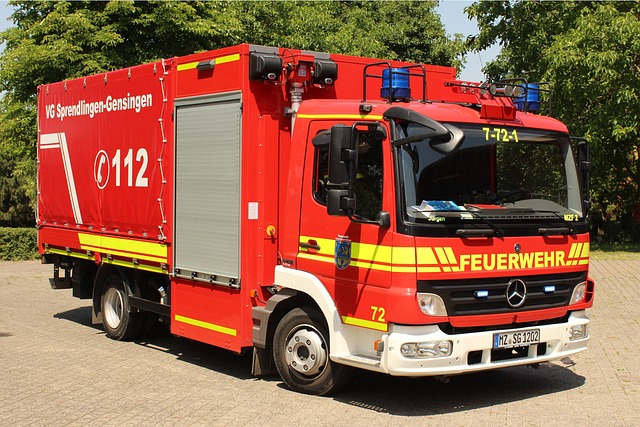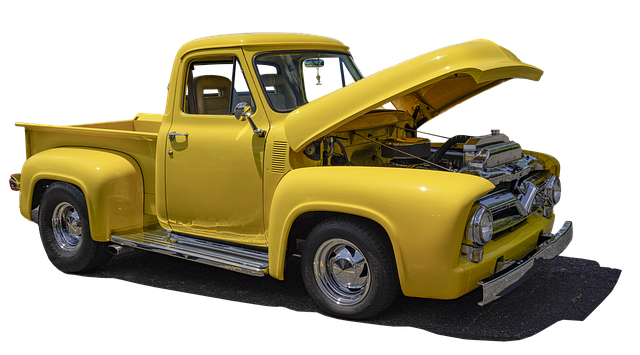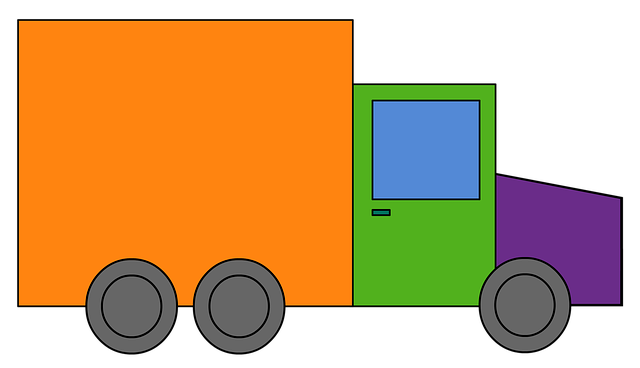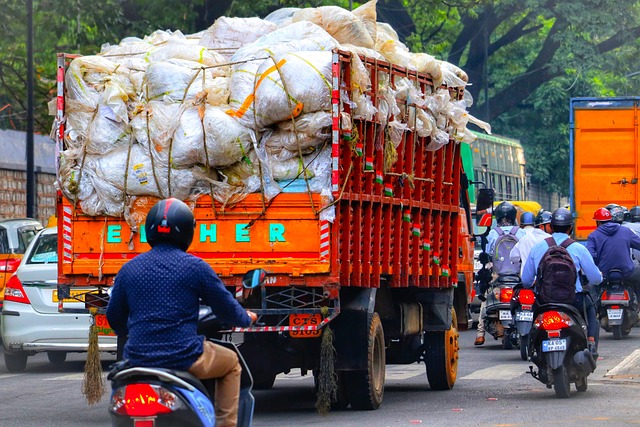Looking to register your car in California? Navigating the process can seem daunting, but understanding each step ensures a smooth transition. This comprehensive guide breaks down the California car registration process, from gathering essential documents for VIN verification to resolving common issues. By following these detailed steps, you’ll be on your way to securing your vehicle’s registration efficiently.
- Understanding the California Car Registration Process
- Gathering Necessary Documents for VIN Verification
- The Role of the DMV in Car Registration
- Steps to Register a Vehicle in California
- Common Issues and How to Resolve Them During Registration
Understanding the California Car Registration Process

Understanding the California Car Registration Process
Registering a car in California involves several steps designed to ensure vehicle safety and roadworthiness. The process begins with gathering essential documents, including proof of ownership, insurance, and identification. Once these are ready, you’ll need to undergo a vehicle identification number (VIN) verification, which is crucial for confirming the vehicle’s authenticity and history. In California, this can be done through a mobile VIN verifier, offering convenience by allowing inspections at your location.
After successful VIN inspection, you can visit a local Department of Motor Vehicles (DMV) office to complete the registration. Here, you’ll fill out necessary forms, pay the required fees, and provide additional documentation as needed. The DMV will then issue a registration certificate, which, upon approval, allows your vehicle to legally operate on California roads. This entire process is designed to streamline car ownership while maintaining high standards for road safety.
Gathering Necessary Documents for VIN Verification

To register your car in California, you’ll need to gather essential documents for VIN (Vehicle Identification Number) verification. This process is a crucial step in ensuring that your vehicle meets all legal standards before it can be licensed and registered. Among the key documents required are the vehicle’s title, registration certificate, and proof of insurance. Additionally, you’ll need to provide a valid driver’s license or state-issued ID card.
For a smoother process, consider conducting a mobile VIN inspection or verification service. These services offer convenience by allowing you to complete the necessary checks from the comfort of your home or even while you’re on the go. It’s a smart way to ensure all documents are in order before initiating the car registration process with the California Department of Motor Vehicles (DMV).
The Role of the DMV in Car Registration

The Department of Motor Vehicles (DMV) plays a pivotal role in the car registration process in California. It acts as the central authority for ensuring that all vehicles on the state’s roads are properly registered, insured, and meet safety standards. One crucial aspect of this process is the verification of the vehicle’s unique identification number, known as the VIN (Vehicle Identification Number). This 17-character code provides critical information about the car’s history and specifications.
The DMV relies on accurate VIN verification to prevent fraud and ensure that only legitimate vehicles are registered. In California, this often involves utilizing specialized tools and services, such as mobile vin verification or a mobile vin inspection, to cross-reference the provided VIN with authoritative databases. These processes streamline the registration, making it more efficient for both vehicle owners and DMV staff while maintaining the integrity of the state’s vehicle records.
Steps to Register a Vehicle in California

Registering a vehicle in California involves several straightforward steps. First, gather all necessary documents, including your driver’s license, proof of insurance, and the vehicle’s title. You’ll also need to complete a California Vehicle Registration Application form, available online or from a DMV office.
Next, perform a VIN verification, which is crucial for ensuring the vehicle’s history aligns with the information provided. This can be done through various methods, including a traditional DMV inspection or by utilizing a mobile VIN verifier for added convenience. If your vehicle is out-of-state, you may need to obtain an ICW (Interstate Compact for Vehicle Registration) from your current state’s DMV before proceeding with registration in California. Once all documents are in order, submit them to the DMV along with the required fees, and they will process your registration, issuing a new California license plate for your vehicle.
Common Issues and How to Resolve Them During Registration

When registering your car in California, one common issue is the failure to accurately complete the required documents. To resolve this, double-check all information before submitting, ensuring details like ownership history and vehicle identification number (VIN) are precise. Consider using online resources or consulting with a DMV representative for clarification if needed.
Another frequent hurdle is issues with VIN verification. This can occur due to data inaccuracies or discrepancies between the vehicle’s records and its physical condition. To overcome this, request a mobile vin inspection or conduct a thorough vin inspection yourself to ensure all information aligns. Accurate VIN verification is crucial, as it ensures your car’s registration process proceeds smoothly, avoiding potential delays or complications.
Registering a car in California involves a straightforward process that requires proper documentation and VIN verification. By understanding your obligations and gathering essential documents, you can seamlessly navigate the DMV procedures. Remember to address any common issues promptly to ensure a smooth registration experience. With these steps and careful attention to detail, you’ll have your vehicle registered in no time, allowing you to hit the road legally and with confidence.
